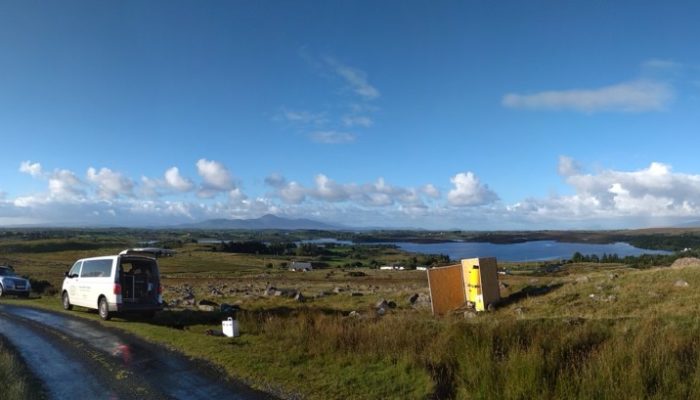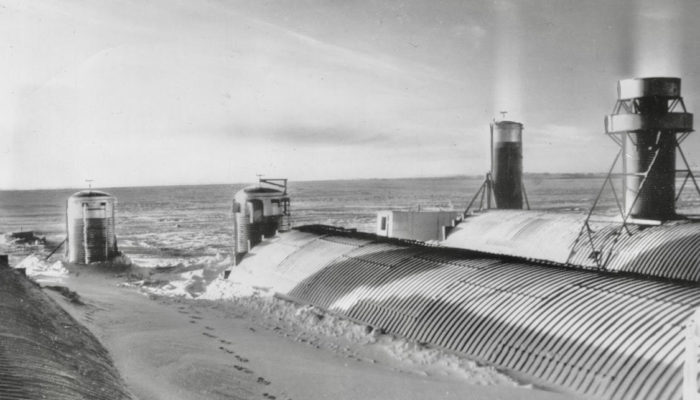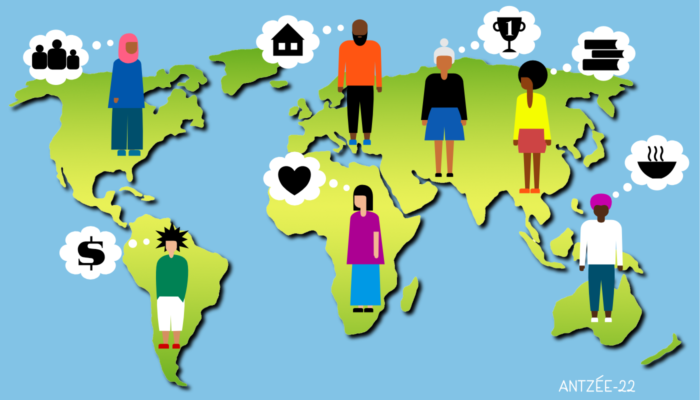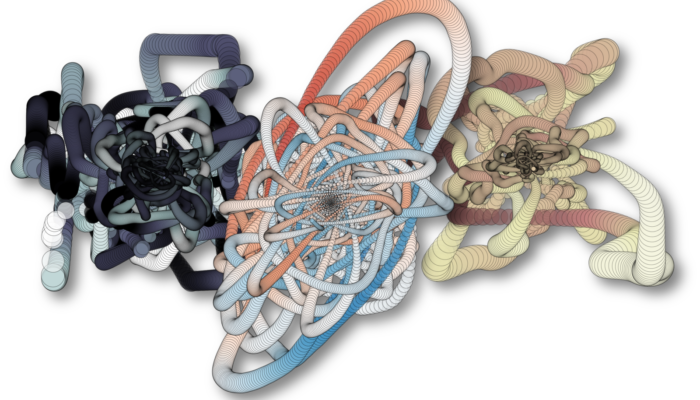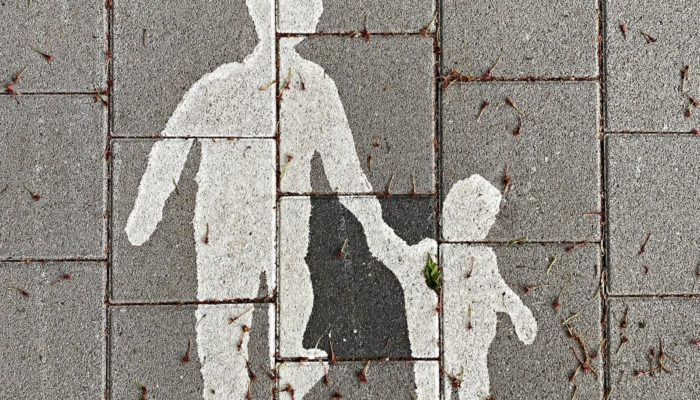Buck (1991) aims at solving the intense ‘70s and ‘80s tectonic debate concerning the way extension is accommodated in continental regions (see our previous blog posts here and here). His article explores the physical conditions that can lead to the three end-member modes of lithospheric extension in continents: core complex mode, wide rift mode and narrow rift mode. The three extensional modes th ...[Read More]
Geodesy
Geodesists on Tour: On the left side of the road for getting the g
Getting the small g (the absolute gravity value) outdoors has always been some sort of a challenge. But, in the early 2000s the possibility to measure gravity has changed by the arrival of the first A10 absolute gravimeters. They to a large extent revolutionized the approach of performing gravity measurements in the open field and with that improved the approach to design and measure national grav ...[Read More]
Cryospheric Sciences
Living IN the Greenland ice sheet: the story of Sites I and II, Camp Century’s older, smaller siblings
Greenland, cold as it is, was appropriately front and center in the Cold War. Strategically placed between Europe and North America, the United States sought to maintain and enhance its position on the island so that American missiles and bombers were in striking range of many Soviet targets. Soviet bombers and missiles coming toward North America would streak over Greenland making early warning c ...[Read More]
Geodynamics
The Sassy Scientist – The Wild Card
Abasi really is in the final stretches of his PhD voyage. It’s time to pick the external member of his panel. This role is always a wild card: it could make your viva experience either a 1-hour short ego booster, or a 5-hours long living hell of questioning. He ponders: Who to choose as your external PhD committee member? Dear Abasi, Lots of variables to consider here, and potentially lots o ...[Read More]
Tectonics and Structural Geology
The power and pitfalls of compliments
Part of a good workplace vibe is good contact between colleagues, as well as good contact between you and your supervisor – or between you and your supervisee. A potentially complex ingredient is the power of compliments. Compliments, per definition, are meant well. However, they can backfire enormously, when they are not received in the spirit in which they are meant. Additionally, part of being ...[Read More]
Geodynamics
Continental drift in academia
After spending about three decades in the hustle-bustle of Asian megacities, I landed up in a quiet European town to continue my research work as a postdoc. When you know you will not meet your family soon in person, you know that you will not get the food you love and, the climate that has guided you in the sun and shadow will be very different; you may expect a life struggle. Yet, people have di ...[Read More]
Seismology
seismoART: Visualising earthquakes through their ground motions
Martijn van den Ende, a Postdoctoral research fellow at Université Côte d’Azur, takes us through his seismoArt project – a new and colourful way of visualising the ground motions of earthquakes! First of all: how does it work? Imagine that you have an incredibly steady hand, holding a pen, and a piece of paper on a table. Once you put your pen on the paper, an earthquake happens ...[Read More]
Atmospheric Sciences
Parenting in Academia: Challenges and Perspectives
Trying to juggle teaching, advising, publishing, finding a new (or permanent) job, relocating, attending conferences, and actually doing research sometimes requires more hours in the day than exist (oh and that global pandemic situation is sticking around). Additionally, many scientists have children or are starting a family at the same time as maintaining and building a career. In this week’s blo ...[Read More]
Climate: Past, Present & Future
Parenting in Academia: Challenges and Perspectives
Trying to juggle teaching, advising, publishing, finding a new (or permanent) job, relocating, attending conferences, and actually doing research sometimes requires more hours in the day than exist (oh and that global pandemic situation is sticking around). Additionally, many scientists have children or are starting a family at the same time as maintaining and building a career. In this week’s blo ...[Read More]
Geodynamics
The Sassy Scientist – The Dark Side (No … Not The Moon One)
Onnem is a big fan of a certain movie franchise about intergalactic space travel, heroism and self-development (with scenes that are depicted not very close by, and which did not occur recently *wink *wink). He smirks: Is there a dark side to obtaining a PhD? Dear Onnem, I think you’ve been spacing out a little too much these days. You’ve actually got things backwards: obtaining a PhD ...[Read More]


